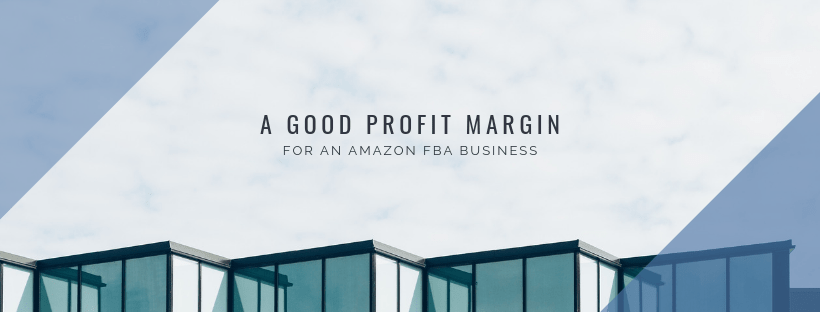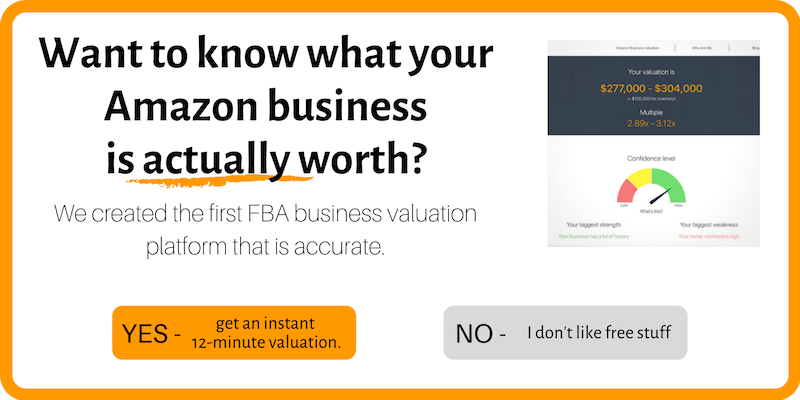
Everyone knows how extremely important it is to have a healthy profit margin. We’ve even covered it right here just a little while ago.
But what’s a good margin? 15%? 25%? 50%?
The answer, as you may guess, is it depends.
Other Things are More Important
While it’s indisputable that operating on a good margin is super important, it’s dangerous to get obsessed with it. It’s easy to be so preoccupied about your gross margin that you’ll end up completely disregarding everything else.
There are three things that I’d recommend you have in place before worrying about your margin (beyond making sure it’s enough to break even!).
1. Sustainability
Are you looking at a product that you’re likely to have a lot of competition for very soon?
If that’s the case then being able to model even a 70% margin today has almost no relevance as getting involved in price wars will soon destroy all of that.
While it’s possible to generate a healthy spike in sales by being the first to offer, say, an extension adapter for a hot new smartphone that’s just been released, products like this aren’t sustainable as you can expect everyone to jump on the bandwagon very quickly.
And guess what. You may not be happy with a 0.03% margin but there are many factories in China that are!
2. Value Proposition
Is the product you’re considering selling a commodity that absolutely everyone has access to or are you providing some kind of unique value?
This is an important consideration as it dictates what your target profit margin should be.
For a commoditized product, I’d be looking to have a very high margin to make it worth my while and to protect against the same issues covered under “sustainability”.
If, on the other hand, I’m looking at a product that I’ve either designed in-house or perhaps a private-label one where I can provide tons of extra value, I’m much happier with a lower margin as there are additional safety nets built in.
3. Scalability
Finally, you need to look at what’s the scalability of the product you’re considering launching.
Is it just a one hit wonder or is it a scalable category that you can eventually build an actual business around?
Purely from a business valuation standpoint, businesses with a number of SKUs attract much higher multiples than those that have only 1 or 2 products generating meaningful sales. Because of this, it’s a super important consideration if you’re ever planning to sell your business.
Similarly to above, I’d be happier with a much lower margin for a product that’s in a solid and scalable category. For something that appears to be largely one-off, I’d need the margin to represent the risk and the opportunity cost.
So What’s the Magic Number?
As you can tell, there’s no magic number as the correct answer can vary a lot.
For a product that “ticks all the boxes”, so to speak, even a 10% gross margin may be perfectly fine. On the opposite end, even a 70% margin doesn’t make a product that lacks sustainability and scalability a good one.
But if I had to generalize, I’d suggest you to aim for a Gross Margin of at least 20-30%. This way, you’re leaving in at least some room for advertising, potential price wars and unexpected increases in operating expenses.
This suggestion is echoed by our FBA Valuation Tool, the AI of which considers margins below 20% a value-decreasing factor and those below 10% a significant value-decreasing factor.

- What to Watch Out For When Buying an Amazon Business - May 9, 2023
- Accrual or Cash Accounting When Selling Your Amazon Business? - April 25, 2023
- 17 Things Buyers Look For in an Amazon FBA Business in 2023 - May 18, 2020






